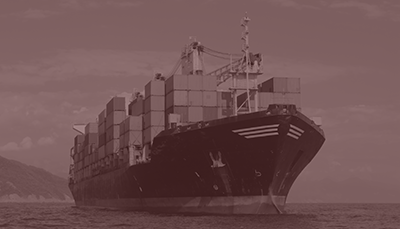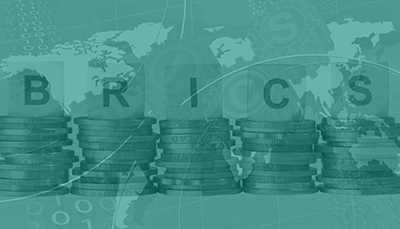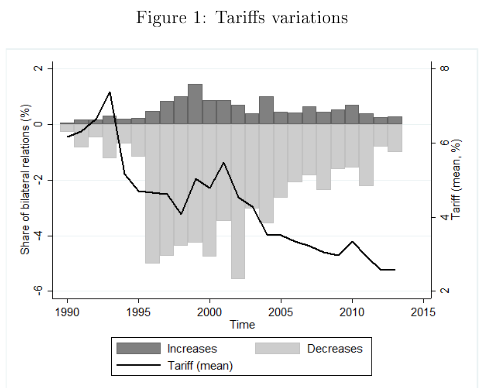The debate on trade wars and currency wars has re-emerged since the Great recession of 2009. We study the two forms of non-cooperative policies within a single framework. First, we compare the elasticity of trade flows to import tariffs and to the real exchange rate, based on product level data for 110 countries over the 1989-2013 period. We find that a 1 percent depreciation of the importer's currency reduces imports by around 0.5 percent in current dollar, whereas an increase in import tariffs by 1 percentage point reduces imports by around 1.4 percent. Hence the two instruments are not equivalent. Second, we build a stylized short-term macroeconomic model where the government aims at internal and external balance. We find that, in this setting, monetary policy is more stabilizing for the economy than trade policy, except when the internal transmission channel of monetary policy is muted (at the zero-lower bound). One implication is that, in normal times, a country will more likely react to a trade "aggression" through monetary easing rather than through a tariff increase. The result is reversed at the ZLB. Agnès Bénassy-Quéré, Matthieu Bussière & Pauline Wibaux >>> |
- The Changing Structure of Immigration to the OECD: What Welfare Effects on Member Countries?
Micha? Burzy?ski, Frédéric Docquier, Hillel Rapoport - Trade and currency weapons
Agnès Bénassy-Quéré, Matthieu Bussière, Pauline Wibaux
18th Doctoral Meetings in International Trade and International Finance
June 15 - 16, 2018
Research seminar "No double standards: quantifying the impact of standard harmonization on trade"
June 19, 2018
The World Trade Report 2018 "The future of world trade: how digital technologies are transforming global commerce"
by Cosimo Beverelli, Senior Economist, WTO
June 21, 2018
"Trump, Trade and the Dollar"
with Barry Eichengreen, Professor of economics and political science, Berkeley, University of California
June 22, 2018
Workshop CEPII – EUR OSE-PSE:
What can economists say about trade wars?
July 4 - 5, 2018
XVI ELSNIT Annual Conference : Technology and Trade
October 25 - 26, 2018
CEPII conference "Real Equilibrium Exchange Rates: Relevance in Open Economy Macroeconomics and Operationality in Economic Policy-Making"
June 29, 2018
The Changing Structure of Immigration to the OECD: What Welfare Effects on Member Countries? We investigate the welfare implications of two pre-crisis immigration waves (1991–2000 and 2001–2010) and of the post-crisis wave (2011–2015) for OECD native citizens. To do so, we develop a general equilibrium model that accounts for the main channels of transmission of immigration shocks – the employment and wage effects, the fiscal effect, and the market size effect – and for the interactions between them. We parameterize our model for 20 selected OECD member states. We find that the three waves induce positive effects on the real income of natives, however the size of these gains varies considerably across countries and across skill groups. In relative terms, the post-crisis wave induces smaller welfare gains compared to the previous ones. This is due to the changing origin mix of immigrants, which translates into lower levels of human capital and smaller fiscal gains. However, differences across cohorts explain a tiny fraction of the highly persistent, cross-country heterogeneity in the economic benefits from immigration. Michal Burzynski, Frédéric Docquier & Hillel Rapoport >>> |
- Contact us
- Our other sites
 |
ISSN: 1255-7072
Editorial Director : Antoine BouëtManaging Editor : Dominique Pianelli











